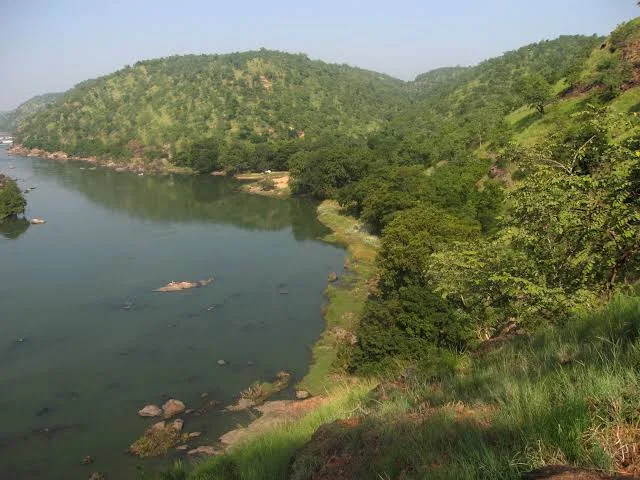Rainforest Day reminder: Environmentalist urges PM, Cabinet to reject forest-destroying projects in Western Ghats
On the occasion of World Rainforest Day, noted climate and energy policy analyst Shankar Sharma has written an open letter to the Prime Minister and Union Cabinet urging immediate and decisive action to protect India's tropical rainforests, especially those in the ecologically critical Western Ghats.
Sharma, writing from Sagara in the Western Ghats region, expressed deep concern over the rapidly shrinking forest cover and the deteriorating state of India’s natural ecosystems. Pointing to official data and media reports, he highlighted that more than 173,000 hectares of forest land had been approved for non-forestry use in recent years, while nearly 60,000 hectares were diverted for commercial purposes between 2021 and 2024.
"Whereas it is quite common to notice glib statements from our political leaders on annual occasions such as World Environment Day or World Rainforest Day," Sharma wrote, "there is a critical and urgent need to honestly introspect: are the governments truly doing all that is essential and feasible to protect the forests, wildlife, and overall environment?"
He called particular attention to proposed Pumped Storage Projects (PSPs) in the river valleys of the Western Ghats, which he argues would cause irreparable harm to one of the world’s most biodiverse tropical rainforest ecosystems. Three PSPs — in the Sharavathi, Varahi, and Malaprabha river valleys of Karnataka — are currently under consideration by the Environment Appraisal Committee (EAC) of the Ministry of Environment, Forest and Climate Change (MoEF&CC).
"The very relevance of such PSPs is questionable in today’s context, especially when mature, battery energy storage systems (BESS) offer less destructive alternatives," Sharma noted, adding that the EAC should immediately reject the proposed 2,000 MW Sharavathi PSP, expected to come up for consideration this week.
Sharma cited the United Nations Secretary-General’s 2024 warning that “the battle to secure the planet's future will be won or lost in the next 18 months” as an urgent call to action for Indian authorities. He also criticized what he described as "indifference" by policy-makers towards scientific and civil society feedback.
Referring to multiple observances — including World Rainforest Day, International Day for Biological Diversity, and World Environment Day — Sharma remarked: "In such a bleak scenario, it is natural to notice that the environmentalists in the country tend to view these official annual celebrations with cynicism."
As a step toward genuine commitment, Sharma appealed to the central government to ensure the EAC rejects all PSP proposals in river valleys and to adopt sustainable and science-backed alternatives that do not jeopardize forest ecosystems.
"Despite all these definitive indicators of our failure to preserve the environment," he concluded, "our policies continue to inflict more damage. If even half of the 103,000 MW of PSP potential in India is realised in sensitive regions, the ecological consequences could be irreversible."


Comments